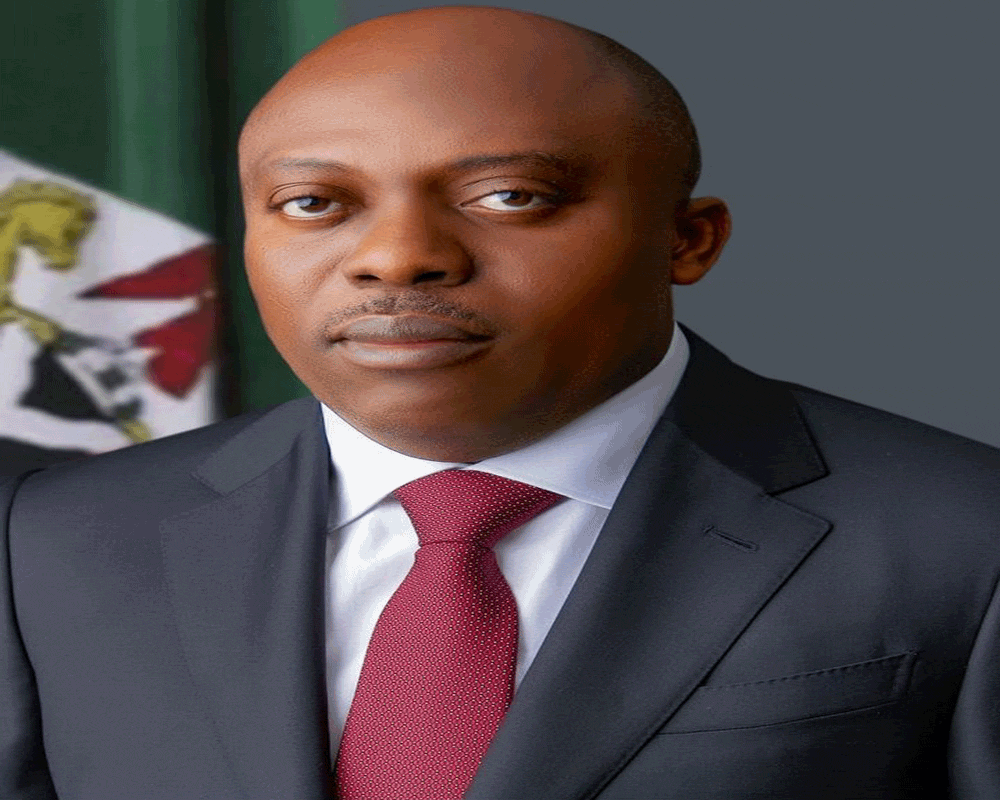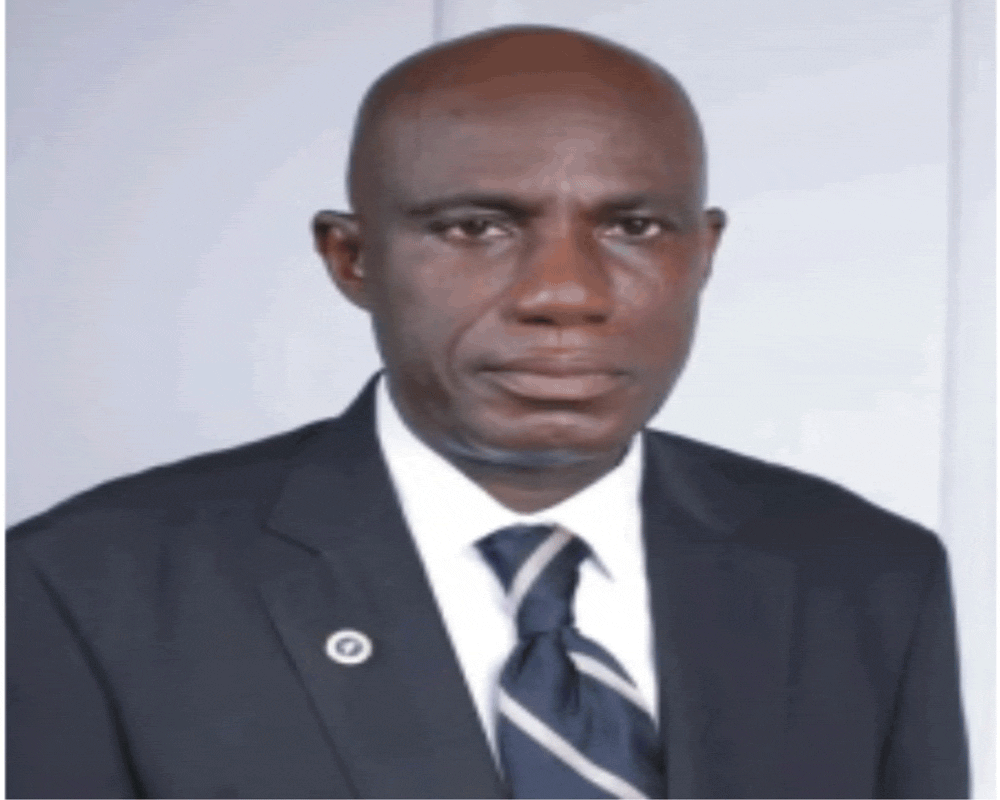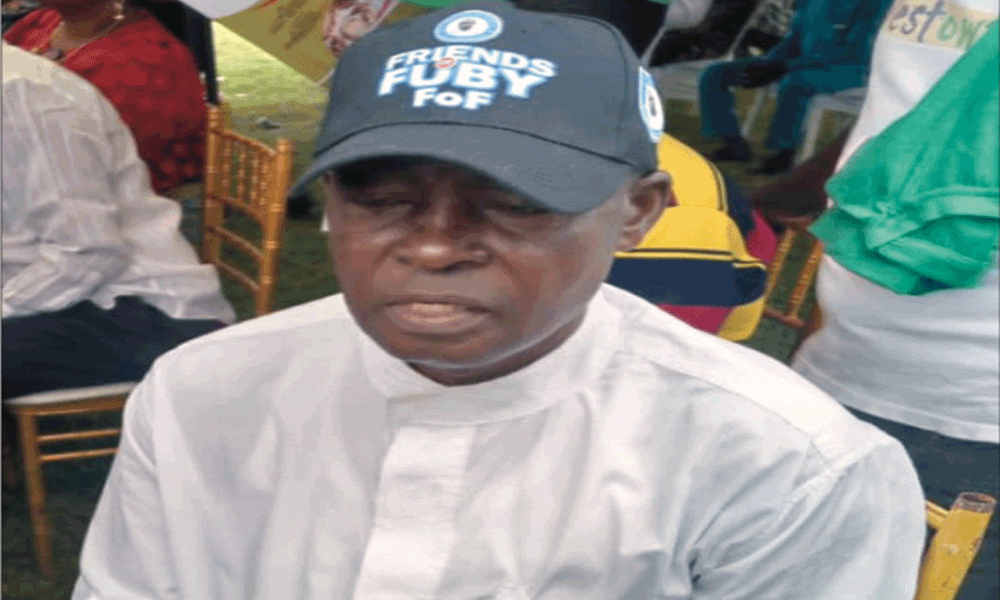Feb. 27 Fixed For Ruling On Odili’s Defamation Suit
A Port-Harcourt High Court has adjourned sitting to 27th February, 2019, to rule on an application for interlocutory injunction brought before it by Ayodeji Adedipe, counsel to former Rivers State governor, Dr. Peter Odili, in the case instituted against the authors of a book on Olusegun Obasanjo’s failed third term bid.
Dr. Odili had filed a defamation suit in 2018 against Prof. Chidi Odinkalu and Ms. Ayisha Osori, co-authors of the book “Too Good To Die: Third Term And The Myth of The Indispensable Man In Africa”, for the way they portrayed him in the book.
The former Rivers State governor is demanding N1billion as damages and a public apology from the co-authors of the book.
Odili through his counsel had alleged that the contents of the book co-authored by Odinkalu and Osori ridiculed his person and put him in bad light across the world.
At the sitting on Monday presided by Justice Augusta Chukwu, counsel to Dr. Odili made an application for an interlocutory injunction to restrain the co-authors of the book from further sale of copies of the book.
Similarly, counsel to Odinkalu and Osori, Barr. Idaye Opi, also made an application for an extension of time to file his statement of defense.
The court will rule on the two applications brought before it by the two counsels at the next sitting.
The book, “Too Good To Die: Third Term And The Myth Of The Indispensable Man In Africa” gives an insight into how money was allegedly raised for a campaign to keep former President Olusegun Obasanjo in office beyond his constitutionally approved two tenures and further reveals how the campaign began and those who led the campaign.
It gave details of how the former Rivers State governor (Odili) and his Bauchi State counterpart, Adamu Muazu, allegedly helped to fund the campaign for the alleged tenure elongation plot by former President Obasanjo, who, according to the authors, wanted to stay in office beyond 2007.
Obasanjo who left office on May 29, 2007 had however said after his exit from office that he never made any plans to amend the Constitution to stay in office beyond his second term.
Odinkalu and Osori alleged in their book that huge sums of money were spent in an attempt to actualize the third term ambition of former President Obasanjo.
In parts of the book online, Odinkalu and Osori said: “When all the cost elements, including the public relations campaigns, additional incentives, the work of the JCCR (Joint Committee on Constitutional Review of the National Assembly) and constitutional conference as well as inevitable incentives to the security services, are added to the inducements proposed for legislators, it seems almost certain that the budget for the third term (agenda) was in excess of $500million or half a billion dollars.
“None of this money was lawfully appropriated. They could only have been generated by theft, diversion or misappropriation of public resources.
“The corporate trail however disclosed a deep financial bond between the President, Senator Ararume and the governments of Bauchi and Rivers States, then ruled respectively, by two of President Obasanjo’s closest acolytes, Adamu Muazu and Peter Odili, who were at the centre of shadowy, complex, unlawful and almost certainly, criminal financial operations behind third term”.
In the lawsuit, Odili claimed that the book had put him in bad light before reasonable people across the world, saying that there was no way he could have been involved in the criminal exploits the co-authors of the book had linked him to.
At the sitting on Monday, counsel to Odili, Adedipe, said that the defendants (co-authors of the book) disobeyed an “interim order” by the court not to further sell copies of the book.
However, counsel to the defendants, Barr. Opi said it was not true that his clients disobeyed a court order not to have further sales of the book.
Meanwhile, the presiding judge, Justice Chukwu, earlier ruled that her court had jurisdiction to try the case.
The defendant’s counsel, had contended that the court had no jurisdiction over the case, adding that his clients would appeal against the ruling by the State High Court.



